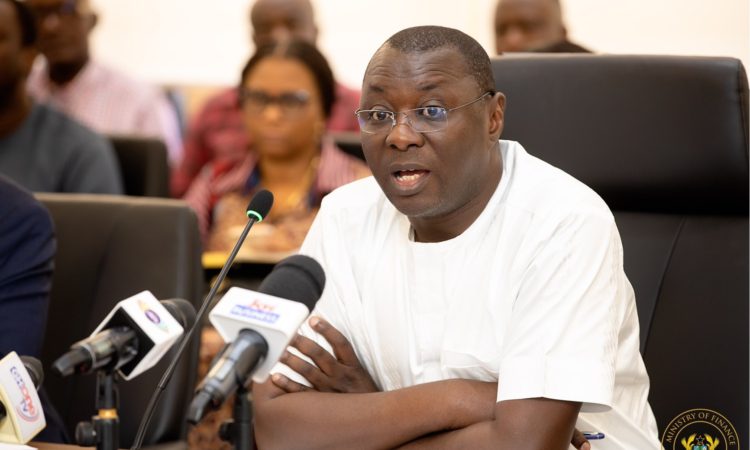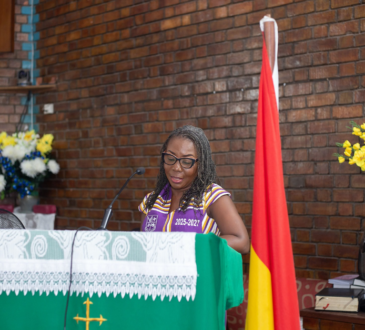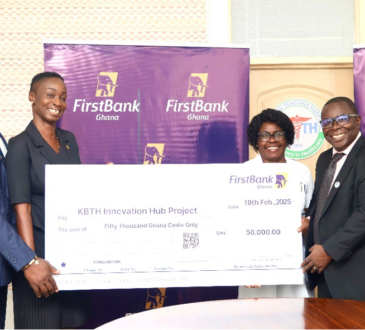
As Ghana gears up for its next budget cycle, an increased emphasis on climate adaptation and resilience strategies is anticipated. This commitment is poised to bolster the country’s efforts in combating the adverse impacts of climate change.
Ghana’s proactive approach is encapsulated in its Climate Prosperity Plan (CPP), which articulates the nation’s aspiration to transition from climate vulnerability to climate prosperity. This ambitious plan focuses on generating quality jobs, stimulating resilient economic growth, and reducing greenhouse gas emissions. The CPP serves as a strategic framework for integrating climate action with national development.
In a significant move last year, Ghana successfully secured US$54.5 million from the Green Climate Fund to launch the Ghana Shea Landscape Emission Reduction Project (GSLERP). This project aims to advance sustainable land use and reduce emissions, marking a critical step in the nation’s sustainable development agenda.
Finance Minister Dr. Mohammed Amin Adam recently emphasized the government’s commitment to climate-focused financial strategies. Speaking at a press briefing following the IMF/World Bank Group Spring Meetings in Washington, DC, Dr. Adam highlighted the upcoming budget’s role in enhancing the country’s resilience to climate shocks and lowering emissions across various sectors.
Ghana’s updated Nationally Determined Contributions (NDCs) underline the importance of local relevance in climate adaptation measures. The NDCs outline 47 action programs, including 13 adaptation and 34 mitigation strategies, with a strong emphasis on agriculture, forest management, resilient infrastructure, and water resources. Addressing the needs of vulnerable populations and integrating gender considerations are also central to these efforts.
Financing these ambitious goals remains a challenge, with an estimated US$22.6 billion required over the next decade. The country is exploring innovative financing options, such as blended finance, green bonds, and carbon finance, to mobilize the necessary capital predominantly from international and private sources.
The World Bank’s recent Country Climate and Development Report for Ghana paints a stark picture of the potential impacts of climate change, predicting that climate shocks could plunge an additional one million Ghanaians into poverty by 2050 unless decisive actions are taken. The report advocates for policies and investments that enhance resilience and promote low-carbon growth.
Despite these strategic plans and financial commitments, Ghana faces challenges in implementing these policies effectively at the community level. There exists a critical gap between national strategies and local execution, often exacerbated by limited resources, inadequate institutional support, and poor coordination.
However, opportunities for enhancing locally-led adaptation efforts are abundant. Ghanaian communities possess deep knowledge of their local ecosystems and natural resources. Promoting land management practices that are informed by local understanding, alongside strengthening community-based governance and collective decision-making, can significantly improve the effectiveness of adaptation strategies.
As Ghana continues to refine its climate policies and frameworks, bridging the implementation gap with active community involvement and innovative financing will be essential for achieving the nation’s climate goals and ensuring sustainable development.
By Eugene Davis







